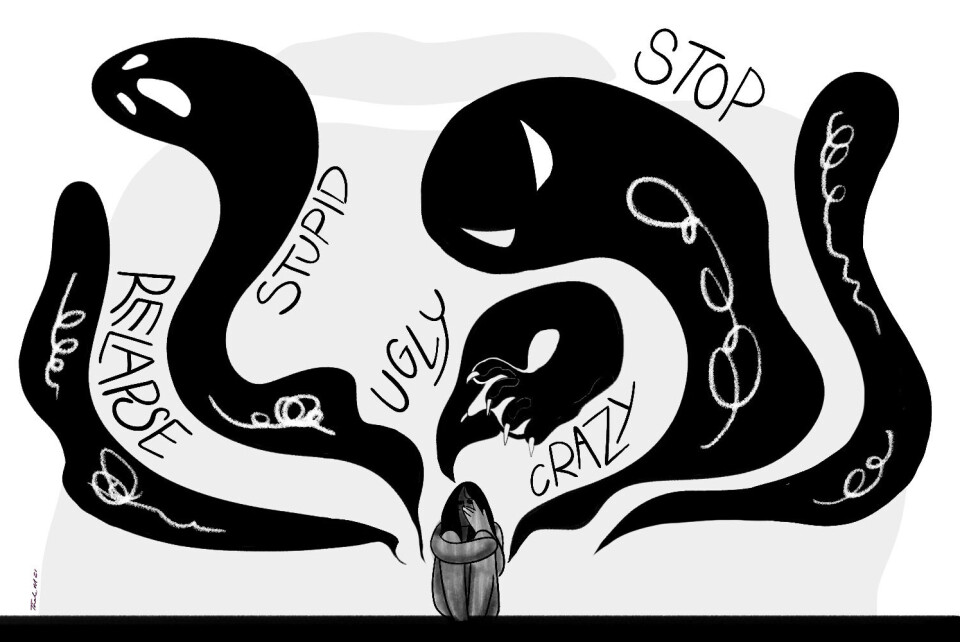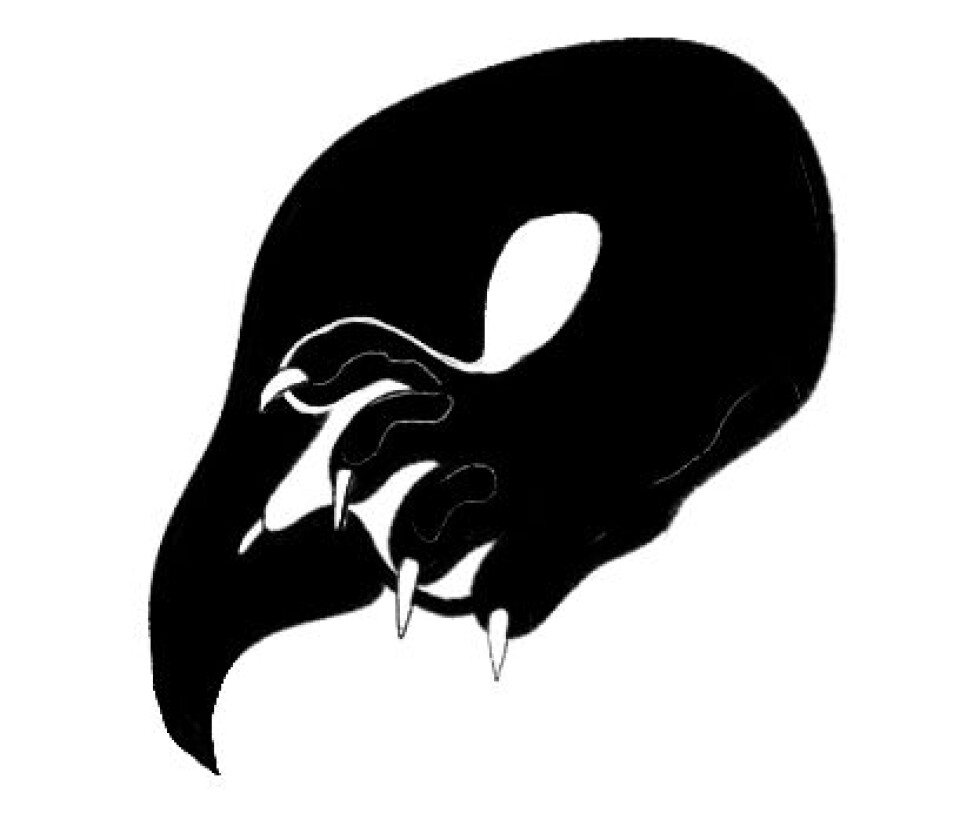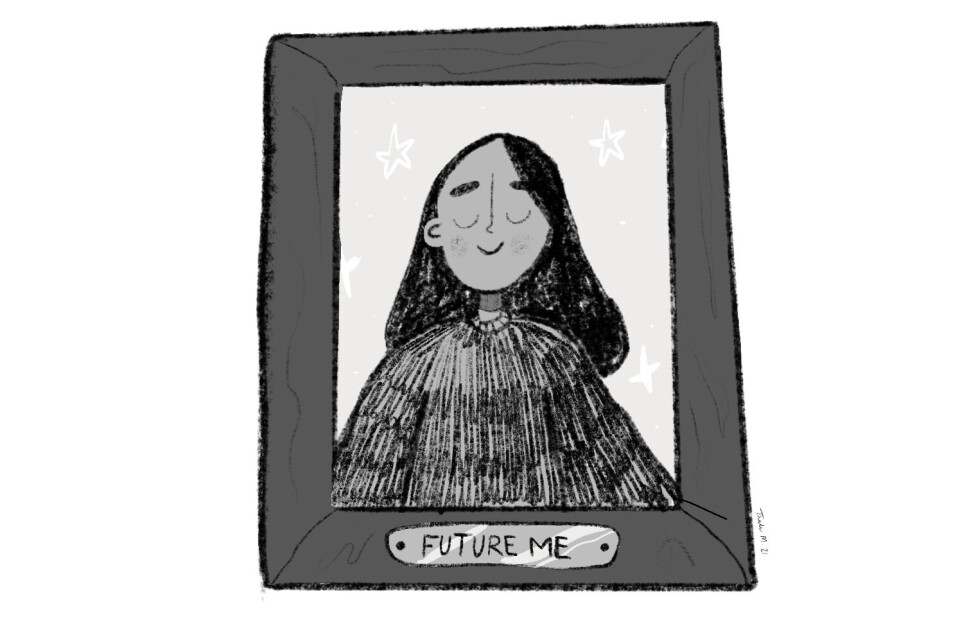English
Not clean enough! Still not clean enough!
CORRESPONDENT: Since the outbreak of COVID 19, my mental health has seen a major decline. But I’ve never felt so hopeful and better about it.
The voice in my head screamed as I scrubbed my body with soap and scalding hot water. I had just gotten home, and I felt like everything outside was dirty: I had to get clean.
I stood in the shower, naked. All my clothes were already in the laundry basket, waiting to be washed. I took a burning hot shower, washed every inch of my body. Yet, the voice in my head still wasn’t satisfied.
«You’re disgusting! You’re dirty!»
After failing to wash away the feeling of dirtiness, I crumbled to the floor. I sat there, head between my thighs, and just started crying. I wanted it to go away. I wanted the feeling of my body being so filthy, to disappear. But it didn’t, no matter how hard I tried.
I was disappointed in myself. I didn’t want to wash my hands, body and hair, I had to. It felt like I had no choice. I felt like my body was disgusting and if I didn’t shower, something bad would happen. I couldn’t risk that.
I was highly aware of the fact that this is not normal. The voice in my head never seemed to forget to remind me of that.
«Why do you always have to wash everything when you come home? You’re clearly crazy! No wonder no one loves you!»
Living with OCD

I have struggled with Obsessive-Compulsive Disorder (OCD) for as long as I can remember, with the main focus on contamination: The feeling of being dirty. After years of taking medication, I was finally symptom-free.
Then came covid-19.
As one can imagine, with a global pandemic going around, everyone telling us to wash our hands and basically swim in hand sanitizer, it all came back.
A battle I once had won, has restarted. I never felt so powerless.
Almost anyone has experienced having a song stuck in their head that won’t go away. Well, OCD resembles that. Your brain keeps repeating your worst thoughts: your fears, your mistakes, your worst memories. It plays them on loop, over and over again.
«What if I drop this baby? What if the cat jumps out of the window? What if my boyfriend got into an accident, and that’s why he is late?»
They are the worst things you can imagine, and to get rid of the horrible thoughts you do a compulsion. You wash your hands, check to make sure that the window is locked, call your boyfriend to make sure he is okay.

Kind of like those posts on social media: Like this post, or your mom is going to die. Obviously, you don’t want your mother to die, and even though you don’t believe that she will if you don’t like the post, you don’t want to risk it.
That tiny doubt of «what if?» drives me to do the compulsion. To wash my hands, to see if I locked the door, or ask for reassurance. With this, comes a sudden relief. But fear not, my friend, the demons will be back, and then the whole cycle starts all over again.
– Just let it go, it’s all in your head, my parents told me.
In Hungary, where I grew up, there is little focus on mental health. My parents were no exception when it came to not caring about mental illnesses. They didn’t believe in my OCD and hoped that I would just grow out of «being crazy». They told me countless times, that it’s all in my head, and that I should just, you know, get over it.
Needless to say, that never worked.
Knowing that Norway had a completely different mindset in regards to mental illnesses than Hungary, I went into the doctor’s office in Bergen. After a few appointments, I got a referral to a psychologist and then, finally, the OCD team. I finally felt like I was taken seriously, like what was going on inside my head, was taken into consideration.

It felt like seeing the light at the end of an extremely long tunnel.
The start of a long journey
OCD has a clear logical explanation: A chemical imbalance in the brain. There is no need to feel ashamed of having a mental illness. The most important thing is to accept it. If physically ill people do not feel ashamed for their illness, then why should people with mental illnesses?
Living in Norway, the main reason why I can be so open about discussing my mental health is because I do not feel ashamed anymore. Raising awareness and actually talking freely about mental health is the first step to approach that.
Mental health is as important as physical. We shouldn’t make people feel bad about themselves or feel «crazy» when they’re clearly just struggling, instead, we should help them.
I still have a long way to go. I am currently on the waiting list of The Bergen 4-Day Treatment: A worldwide known program for overcoming anxiety disorders. As anxious as I am about it, I am also excited. Excited, because now it doesn’t feel hopeless anymore.
I can finally see where I’m headed. I’m not lost anymore.
It suddenly feels like I can breathe again.
OTHER READINGS:
















